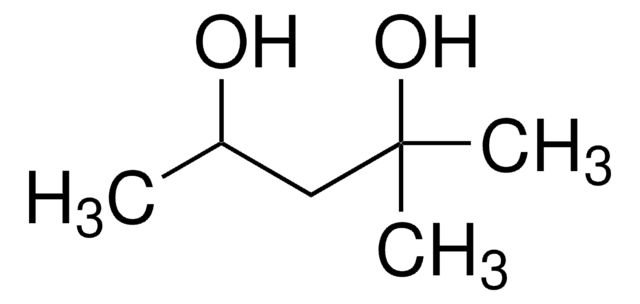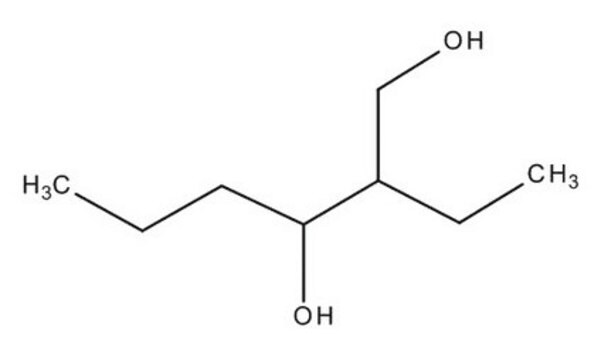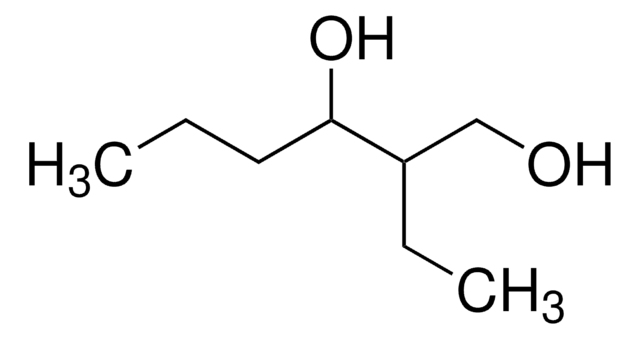1005706
USP
Glacial acetic acid
United States Pharmacopeia (USP) Reference Standard
Synonym(s):
Acetic acid, Ethanoic acid, Methanecarboxylic acid, Glacial acetic acid
About This Item
Recommended Products
grade
pharmaceutical primary standard
vapor density
2.07 (vs air)
API family
glacial acetic acid
autoignition temp.
800 °F
expl. lim.
16 %, 92 °F
4 %, 59 °F
manufacturer/tradename
USP
technique(s)
gas chromatography (GC): suitable
refractive index
n20/D 1.371 (lit.)
bp
117-118 °C (lit.)
mp
16.2 °C (lit.)
density
1.04 g/mL at 25 °C (lit.)
application(s)
pharmaceutical (small molecule)
format
neat
SMILES string
[F2C(F2C)13F3C]C(O)=O
InChI
1S/C2H4O2/c1-2(3)4/h1H3,(H,3,4)
InChI key
QTBSBXVTEAMEQO-UHFFFAOYSA-N
Looking for similar products? Visit Product Comparison Guide
General description
Glacial acetic acid USP reference standard is provided as delivered and specified by the issuing Pharmacopoeia. All information provided in support of this product, including SDS and any product information leaflets have been developed and issued under the Authority of the issuing Pharmacopoeia. For further information and support please go to the website of the issuing Pharmacopoeia.
Application
Further information is available in the general chapter, 503- ACETIC ACID IN PEPTIDES, USP43-NF38 - 6741 of the USP (United States Pharmacopeia).
Other Notes
related product
signalword
Danger
hcodes
Hazard Classifications
Eye Dam. 1 - Flam. Liq. 3 - Skin Corr. 1A
Storage Class
3 - Flammable liquids
wgk_germany
WGK 1
flash_point_f
102.2 °F - closed cup
flash_point_c
39 °C - closed cup
Choose from one of the most recent versions:
Certificates of Analysis (COA)
It looks like we've run into a problem, but you can still download Certificates of Analysis from our Documents section.
If you need assistance, please contact Customer Support.
Already Own This Product?
Find documentation for the products that you have recently purchased in the Document Library.
Customers Also Viewed
Protocols
Science Slam panel: Leading gene therapy developers discuss commercialization challenges and the importance of robust process development plans.
Our team of scientists has experience in all areas of research including Life Science, Material Science, Chemical Synthesis, Chromatography, Analytical and many others.
Contact Technical Service









